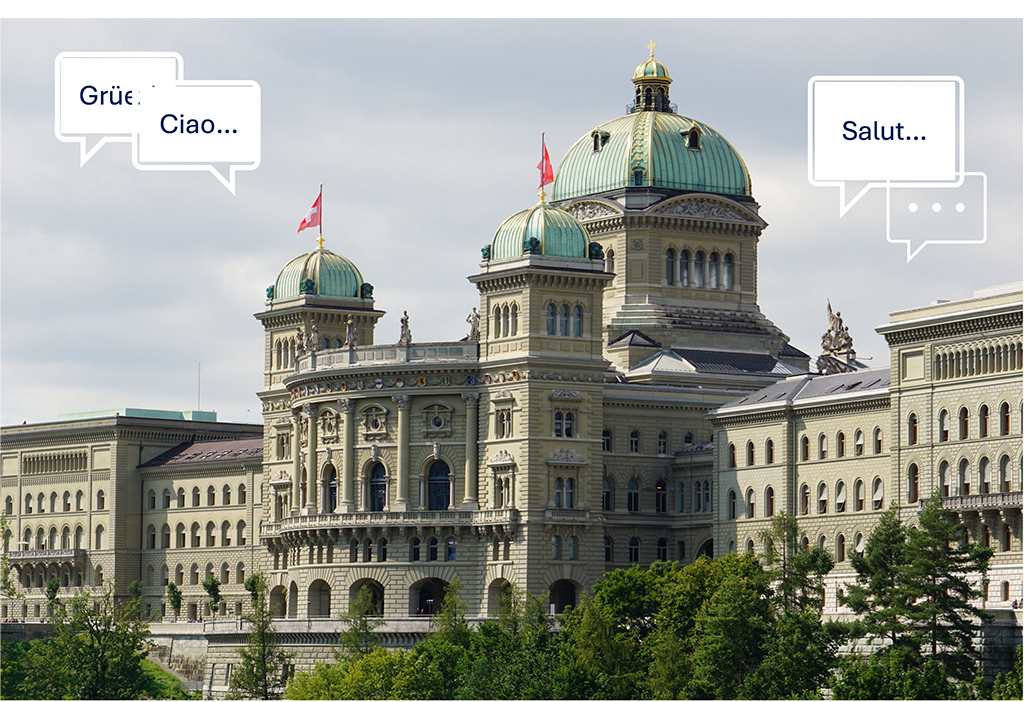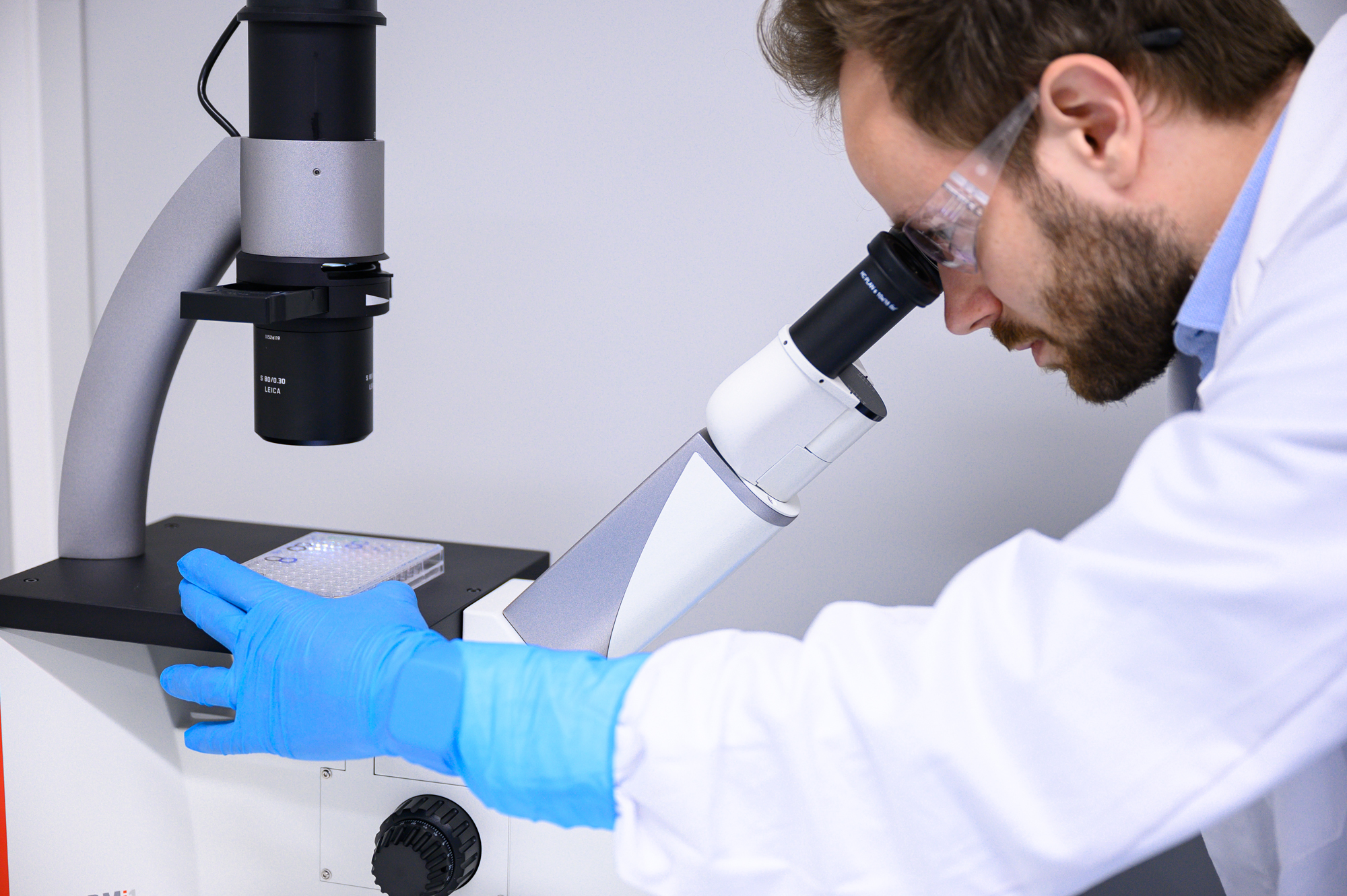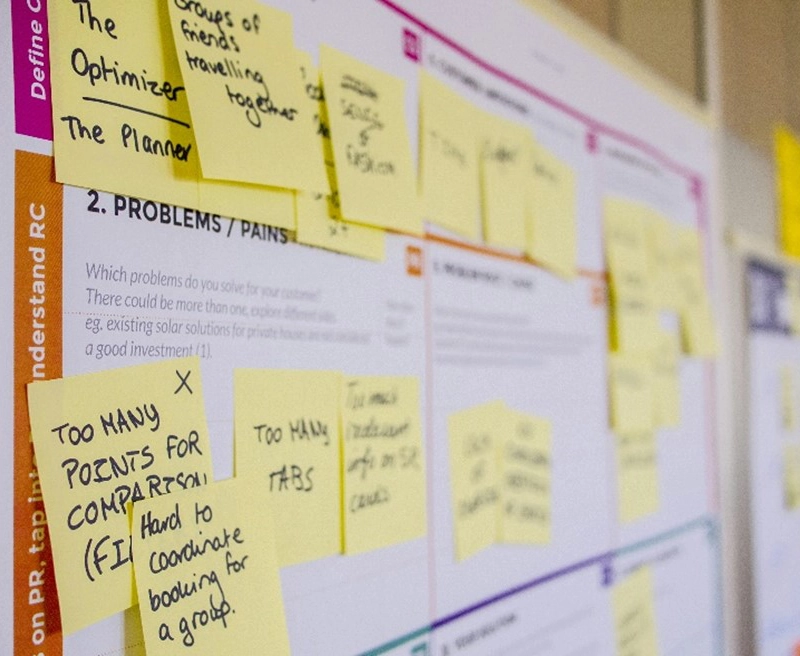
Enhancing Parliamentary Services with Generative AI


Clément became part of the SDSC team in January 2019, assuming the role of a Data Scientist with an emphasis on industry-oriented projects. He holds a Bachelor of Science degree in Physics, acquired in 2016 from the École Polytechnique Fédérale de Lausanne (EPFL) in Switzerland. Following this, he earned a Master of Science in Computational Science and Engineering in 2018, also from EPFL. Throughout his academic journey, Clément concentrated on leveraging Data Science and Machine Learning techniques to enhance efficiency in industrial processes. Subsequently, he developed a specialized interest in Generative AI, with a particular focus on Natural Language Processing (NLP), especially in the application of Large Language Models for innovation.


Thibaut holds a B.Sc in Computer Science from HEIG-VD. Before joining the SDSC, he worked in startups where he developped a diverse skill set combining cloud infrastructure, database and application development. Thibaut is very enthusiatic about new technologies and best coding practices and he is looking forward to supporting the team and its projects.


Alessandro joined the SDSC in March 2019 as a data scientist focused on industry collaborations. His mission is to support corporates in leveraging the power of their data by adopting analytical approaches and data-centric solutions. His background is in biomedical engineering, with a PhD in neuroscience from the University of Tübingen. Before joining the center, he worked as a postdoc at the Max Planck Institute for Biological Cybernetics, at the EPFL Laboratory of Cognitive Neuroscience in Geneva, and as data scientist for a private ecommerce company.

Increasing information retrieval efficiency
Partly motivated by Inter-Parliamentary Union directives, the Swiss Parliament departments are exploring uses of generative AI in collaboration with academic institutions. One of the most straightforward applications to begin with turned out to be in the Parliamentary Services: The Swiss Parliament’s Helpdesk assists members of parliament with various inquiries, such as conducting document searches in the library, finding commission contacts, or addressing lost access cards.
Traditionally, answers to these questions have been available in a comprehensive PDF document titled “Prochain Arrêt: Palais Fédéral” (Next stop: Federal Palace). This master document contains the collective knowledge of various helpdesk questions and answers and is intended to facilitate the onboarding of new members and parliamentarians. However, navigating the document in search of answers is a time-consuming effort, and in frequent cases the Parliament’s Helpdesk is additionally consulted. The need for faster, more accessible support led to the development of an innovative, AI-powered solution.
Building on a previous successful collaboration (1), the Swiss Data Science Center (SDSC) teamed up with the Publications & Production Services (Domaine Publications et Production) of the Swiss Parliament to build a state-of-the-art chat assistant. By leveraging Large Language Models (LLMs) and Retrieval-Augmented Generation (RAG), the generative AI solution is designed to instantly and accurately provide responses sourced from the document. Equally important, the assistant is capable to operate in Switzerland’s three main languages: German, French, and Italian.
Challenge: The need for accuracy and speed
Members of the Swiss Parliament, who work across multilingual groups, needed an intuitive system to quickly retrieve information from their master document “Prochain Arrêt: Palais Fédéral”.
The primary challenge was making the chat assistant capable of:
+ Accurately responding to queries in German, French, and Italian.
+ Retrieving and providing document-based answers, ensuring precise and trustworthy results.
+ Maintaining transparency by pointing users to the specific part of the document used to generate the response.
+ Being scalable, supporting future integration with additional documents.
From PDF to AI: Multilingual chat solution
Drawing on deep expertise in data science and machine learning, the SDSC team crafted a custom chat assistant called “AskDigi” powered by state-of-the-art LLMs and a robust RAG system. The solution supports complex multilingual interactions and reliably retrieves answers from the PDF document.
Key features of the solution include:
Multilingual capability: The assistant responds seamlessly in German, French, and Italian, accommodating the linguistic diversity of the Swiss Parliament.
Hybrid search and advanced embeddings: By utilizing a combination of hybrid search techniques, the assistant efficiently retrieves relevant information from the document. Regardless of the language used in the query, “AskDigi” seamlessly combines traditional keyword search with the power of advanced vector search for enhanced accuracy and speed.
Source-based transparency: The assistant provides citations, showing users the exact section of the document used to answer their query, promoting trust and verification.
User-friendly interface: A smooth and modern user interface (UI), designed to be fully responsive and mobile-compatible, ensures an easy-to-navigate experience for all parliamentarians.
Impact
The custom-made ChatGPT-like assistant is now deployed within the Swiss Parliament’s infrastructure and has received positive feedback from the first user testing. Though in its early stages, this AI-driven assistant aims to enhance access to essential parliamentary information, with the potential to enable parliamentarians to quickly obtain accurate answers.
Being scalable, the tool is designed to integrate more documents in the future, broadening its coverage of potential questions and enhancing its usefulness over time. This project highlights the transformative potential of machine learning models in streamlining parliamentary operations and improving access to information.
Next steps
Looking ahead, we aim to expand the assistant’s knowledge base by incorporating more documents, ensuring comprehensive coverage for a wider range of inquiries. Our ongoing commitment is to further improve this tool to meet the evolving needs of the Swiss Parliament.
Notably, this collaboration has established a strong foundation for future improvements and broader adoption of AI-driven tools within the Parliament. Selected through the SDSC’s first National Call for projects (2), the Swiss Parliament will also receive additional support via an expert support mandate. The main goal of this mandate is to provide the Parliament with our team's strategic and operational expertise, helping them build maturity and confidence in executing concrete data science initiatives.
References
(1) DemocraSci : A research platform for Data-Driven Democracy Studies in Switzerland. (2018 - 2020) In this research project the SDSC was mandated to develop a scalable and re-usable data processing chain to extract structured information from archival parliamentary records. SDSC mostly took care of the data extraction, the creation of the knowledge graph, and obtaining results in terms of polarization.
EvolvingDemocraSci (2022 - 2024): In this follow-up project, SDSC studied custom models for Named Entity extraction. SDSC also fine-tuned models for issue identification and continued working on data integration, using the data of CuriaVista, etc
(2) SDSC National Call for Projects: In its development to becoming a National Research Infrastructure as of 2025, already this year the Swiss Data Science Center (SDSC) has launched a Swiss-wide National Call for Projects advancing its mandate to support the access and development of data science and artificial intelligence (AI) in research, the industry and the public sector in Switzerland.
Cover image source: Clément Lefebvre
More case studies

Smart Waste Collection with AI-Empowered Planning

An artificial intelligence-based system for augmented cell & gene therapies

Qlaire: Enhance Quality Management with generative AI
Contact us
Let’s talk Data Science
Do you need our services or expertise?
Contact us for your next Data Science project!
